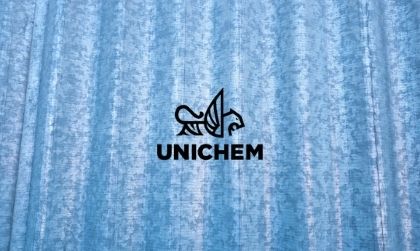Nickel has excellent corrosion resistance in a variety of environments, including acids, alkalis, and saltwater. It is resistant to rusting and staining, making it ideal for use in the chemical and petrochemical industries, marine applications, and other harsh environments.

One of the properties that makes nickel so resistant to corrosion is its ability to form a thin, protective oxide layer on its surface. This oxide layer acts as a barrier, preventing further corrosion and protecting the metal from damage.
Nickel is also highly resistant to pitting corrosion, which is a localized form of corrosion that can occur in metals exposed to corrosive environments. Pitting corrosion can be particularly problematic in applications where the metal is exposed to chloride ions, such as in marine environments. However, nickel is able to resist pitting corrosion even in these challenging environments.
Another advantage of nickel is that it can be alloyed with other metals, such as chromium and molybdenum, to further enhance its corrosion resistance. These alloys are commonly used in high-corrosion environments, such as oil and gas production, chemical processing, and marine engineering.
A common use of nickel alloys is in the production of chemical processing equipment. The harsh chemicals used in these processes can quickly corrode most metals, but nickel alloys are able to resist this corrosion, making them an ideal choice for use in reactors, heat exchangers, and other parts of chemical processing equipment.
Nickel alloys are also commonly used in the oil and gas industry. The harsh environments encountered in oil and gas wells can quickly corrode metal components, leading to equipment failure and costly repairs. Nickel alloys are able to resist this corrosion, making them a popular choice for use in oil and gas drilling equipment and pipelines.
In addition to its corrosion resistance, nickel is also a highly resistant metal, making it ideal for use in applications where high strength and durability are required. It is also highly ductile and can be easily formed into a variety of shapes, making it a popular choice for use in a wide range of industries.
Overall, nickel is an excellent choice for use in applications where corrosion resistance is critical. Its ability to resist corrosion in a variety of environments, including harsh chemical and marine environments, makes it an ideal choice for use in chemical processing equipment, oil and gas production, and marine engineering. With its excellent resistance to pitting corrosion and ability to be alloyed with other metals to further enhance its properties, nickel is a versatile and reliable material for use in many different applications.